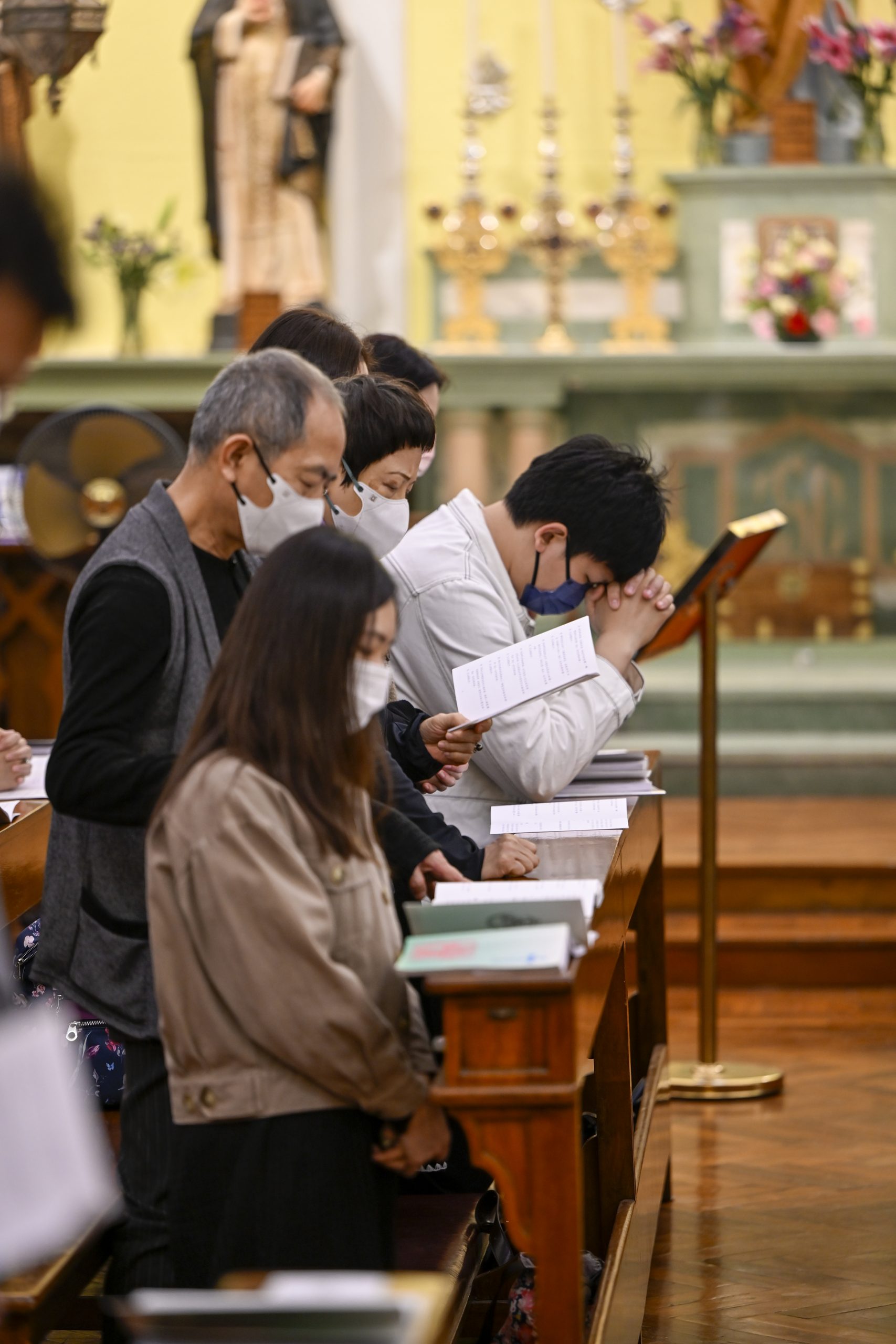Fr. Daniel Antonio de Carvalho Ribeiro, SCJ
Twenty-Sixth Sunday in Ordinary Time (Year A)
Matthew 21:28–30
This Sunday’s Gospel tells us the parable of the two sons (Mt 21:28-32). This parable mentioned three groups of people: the rulers of the Jews, the tax collectors, and the prostitutes, representing three deadly sins. In the bearings and attitude of the Jewish leaders, who were not humble enough to recognize themselves as sinners, and as the preaching of John the Baptist points out – the sin of pride was evident. The unbearable corruption, greed, and attachment to the money of the tax collectors, who exploited their countrymen, are signs of the sin of avarice. Finally, the sin of lust is represented by the prostitutes, who lived for the pleasure of the flesh.
These sins are very much present in today’s world. History has probably never seen a time when money and power were so sought after. Just ask people what they want and dream of and you’ll soon hear them say wealth and money. Greed for money in Macao’s society has destroyed several families. Others are in endless debt because of gambling. Indeed, you’ve never seen a society where people are demoralized so early. Today, rampant in high schools, teenagers, as young as 14 years old, are already dating and having romantic relationships. In the schools in Western society, the reality is even worse. I remember during the recent World Youth Day, a 13-year-old teenager from Latin America shared that a teacher in their school asked the girls to buy condoms so that they could learn how to protect themselves when they have sex. Countless other examples could be given of greed and lust. Pride can likewise blind us to our weaknesses and can lead to our destruction.
It is unquestionable that the sins of avarice and lust need to be confronted. But the sin of pride needs to be tackled at its roots. As St. Gregory the Great teaches us, pride is often justified as a virtue. It can be camouflaged by saying that the person is determined, has a strong personality, and has self-confidence. These values, however, can hide pride. Humble persons are able to recognize their mistakes, find ways to overcome them, and save themselves. The proud, on the other hand, think that everything they do is right, that their mistakes are only in others, and that they don’t need to change. They are usually so centered on themselves that they create a belief according to their values and convenience. Unfortunately, without realizing it, they have created a god in their own image and likeness. This leads them to hardly ever obey or repent. Therefore, just like the religious leaders of Jesus’ time, they will have difficulty entering the kingdom of heaven.
Hence, the importance of always evaluating our attitudes and questioning whether we are proud. Briefly, we can identify this sin in ten behaviors: (1) thinking that you are always right, with a loss of sense of sin, (2) hyper-sensitivity (3) stubbornness, (4) frequently complaining about not being understood and judging others harshly (5) vanity and an exaggerated preoccupation with oneself (6) resenting everything that displeases oneself (7) being overly critical, seeing error in everything (8) belittling and treating others with scorn, (9) doing things to be seen and recognized by others, (10) talking excessively about oneself and not having time to listen to others.
Pride has entered the lives of Christians in various ways. One of them, as seen above, is the difficulty of recognizing ourselves as sinners. Today, people are very sensitive and easily offended, but we lose sight of the fact that we have also offended God. Of course, this is not the central theme of Christian preaching. However, how can we love if we are attached to what separates us from God and our brothers and sisters?
The best way to overcome deadly sins, especially pride, is humility. With humility, everything can be transformed. A humble person knows how to obey and repent when they are wrong. Through humility, it is even possible to recover the purity of the heart. There is a hymn in the Catholic tradition that says that Mary Magdalene, a public sinner, lives in heaven singing with the choir of virgins. With this virtue, it is also possible to get rid of attachment to money. We have to just look at the examples and conversions of St. Matthew and Zacchaeus. Jesus looks for sincere commitment. In a nutshell, God is calling us to conversion, and the first step to fulfill it is to overcome our pride.
The second son in this Sunday’s Gospel, possibly concerned about pleasing his father, preferred to lie rather than be honest. Let us ask the Lord for the grace to overcome any kind of pride. Let us make a good examination of conscience and ask for the grace to recognize and change what is not favorable with God. God is a loving and merciful Father with a never-ending capacity to forgive. To do this, we need to remember that only the truth can set us free.


 Follow
Follow


